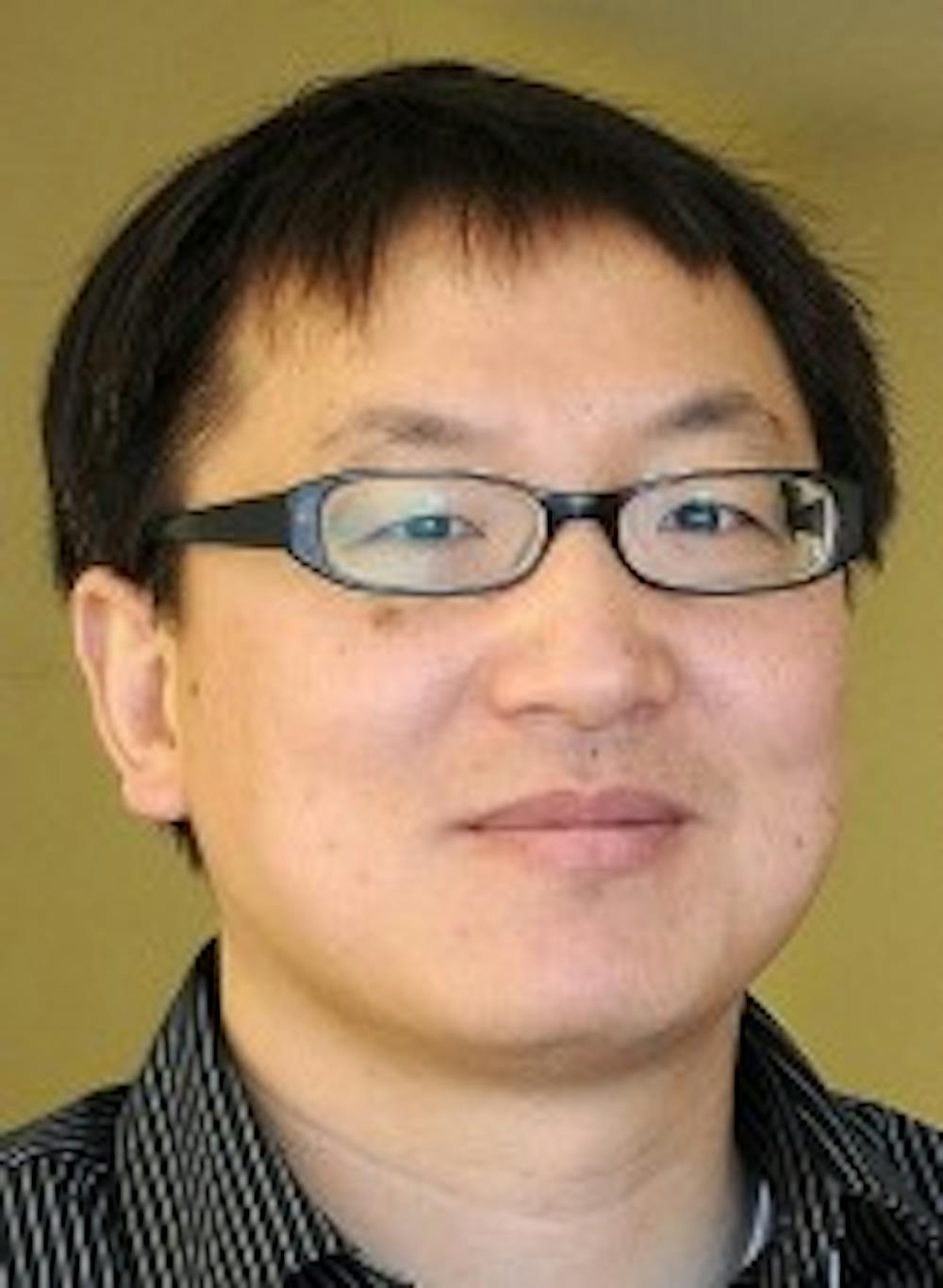After China announced a proposal last week to allow two children per couple, it dismantled its longstanding and controversial one-child policy — which has been in place since the 1980s.
Staff writer Lobke van Meijel spoke with Assistant Professor of Sociology Yong Cai about the history and future of the policy now that the transformation proposal is waiting to be approved by China’s National People’s Congress.
The Daily Tar Heel: What kind of environment led China to implement the one-child policy?
Yong Cai: I think this policy came into life in 1980. After World War II, the mortality came down fast, fertility stayed at a high, so there was very much fear of a population boom. Basically, rapid population increase would not meet the parallel economic growth, so countries like China and India were very much in poverty and they would not even be able to feed themselves. To develop the economy, the population had to be taken into control.
DTH: What were the specific goals and consequences that limiting the population growth should have established?
YC: They had a very specific goal: trying to control the population. At the time, the total population was about 1 billion to 1.2 billion at the turn of the century. And there was the economic development goal: China, at the time, the GDP per capita was $250 per person, and they wanted to achieve a quadruple increase of the GDP by 2000.
DTH: How was the one-child policy enforced?
YC: It’s a very heavy-handed approach. So in China, basically your entire sexual life is under government surveillance. You have to get a permit to get a marriage just like everywhere else, but also you need to get a permit to be pregnant. It requires a certificate, a quorum to have the child delivered. They tried to monitor people’s menstrual cycles to enforce the policy. If you violated the policy you could lose your job, be fined or they would tear down your house ... They used all kinds of heavy-handed approaches. It just sounds crazy.
DTH: Do you think the one-child policy was effective in this regard?



